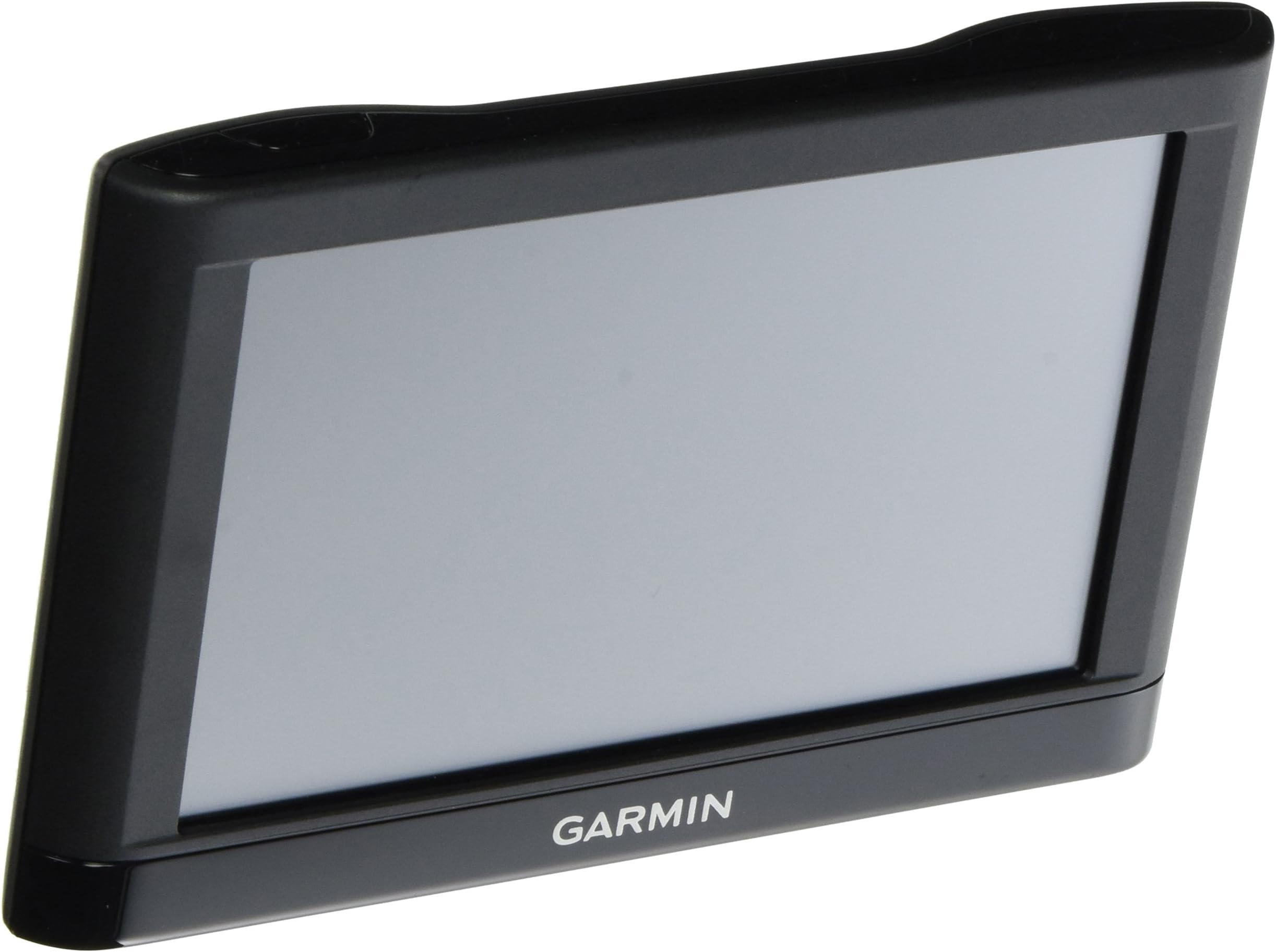In today’s world, environmental consciousness is paramount. We’re all looking for ways to reduce our carbon footprint, and even something as seemingly insignificant as choosing a route can make a surprisingly large impact. This is where GPS navigation systems step in, playing a crucial, often underestimated role in minimizing fuel consumption and lowering emissions.
The Silent Power of Efficient Routing: Beyond the Map

GPS navigators aren’t just about finding the quickest route; they’re increasingly sophisticated tools optimized for fuel efficiency. Modern systems analyze a vast amount of data—traffic patterns, road conditions, elevation changes, even speed limits—to calculate the most fuel-efficient path. This means less idling in traffic jams, fewer unnecessary turns, and smoother driving overall, all contributing to a smaller carbon footprint.
Think about it: a route that seems shorter on a map might involve navigating steep hills or frequent stop-and-go traffic, significantly increasing fuel consumption. A GPS, however, can identify a slightly longer route that’s flatter and less congested, ultimately resulting in better fuel economy.
How GPS Optimizes for Fuel Efficiency: The Technical Details
The algorithms powering modern GPS systems are incredibly complex, employing techniques like:
- Real-time traffic data integration: By constantly monitoring traffic flow, the system can reroute you around congestion, avoiding idling and wasted fuel.
- Predictive algorithms: Sophisticated algorithms anticipate potential delays and congestion, proactively adjusting the route to minimize fuel usage.
- Elevation analysis: Steeper inclines demand more fuel. The GPS can choose routes that minimize the amount of uphill driving, saving fuel and reducing emissions.
- Speed optimization: While driving slower isn’t always the most fuel-efficient strategy, the GPS can identify optimal speeds for different road conditions and engine types.
- Eco-routing features: Many modern systems have dedicated “eco-routing” modes that prioritize fuel efficiency over speed, clearly highlighting the environmental benefits.
Beyond Routing: Additional Eco-Friendly Features

The benefits of GPS extend beyond route optimization. Some advanced systems offer features like:
- Electric vehicle (EV) route planning: For EV drivers, GPS navigators are essential for finding charging stations along the planned route, avoiding range anxiety and ensuring a smooth journey.
- Hybrid vehicle optimization: Some systems can tailor routes to optimize the use of electric and combustion engines in hybrid vehicles, maximizing fuel efficiency.
- Fuel price comparison: Knowing where to find the cheapest fuel can indirectly contribute to a lower carbon footprint by encouraging drivers to seek out more efficient fueling options.
The Impact of GPS on Overall Emissions: A Quantifiable Difference

While precise figures depend on several factors (vehicle type, driving style, traffic conditions), studies consistently show that optimized routing through GPS can lead to significant fuel savings. Even small percentages of fuel reduction, multiplied across millions of journeys daily, translate to a substantial decrease in overall carbon emissions.
Furthermore, the indirect benefits of GPS are worth considering. By reducing traffic congestion, GPS contributes to lower overall emissions from idling vehicles. This cumulative effect amplifies the environmental positive impact of using these navigation systems.
Choosing the Right GPS Navigator: Tips for Eco-Conscious Drivers

Not all GPS navigators are created equal. When choosing a device, consider the following:
- Real-time traffic data: Ensure the system offers up-to-the-minute traffic updates for accurate route planning.
- Eco-routing features: Look for specific features designed to optimize fuel efficiency.
- Regular updates: Outdated map data and algorithms can negatively impact fuel efficiency, so ensure your device receives regular updates.
- Integration with your vehicle: Seamless integration with your car’s infotainment system enhances usability and safety.
Conclusion: Small Changes, Big Impact
In the grand scheme of combating climate change, utilizing a GPS navigator for efficient routing might seem like a small contribution. However, the cumulative effect of millions of drivers making conscious choices to optimize their journeys can lead to a significant reduction in carbon emissions. Embracing technology to improve fuel efficiency is a readily available and practical step towards a greener future.
By understanding the capabilities of modern GPS systems and making informed choices, we can all contribute to a more sustainable transportation landscape, one efficient route at a time.




